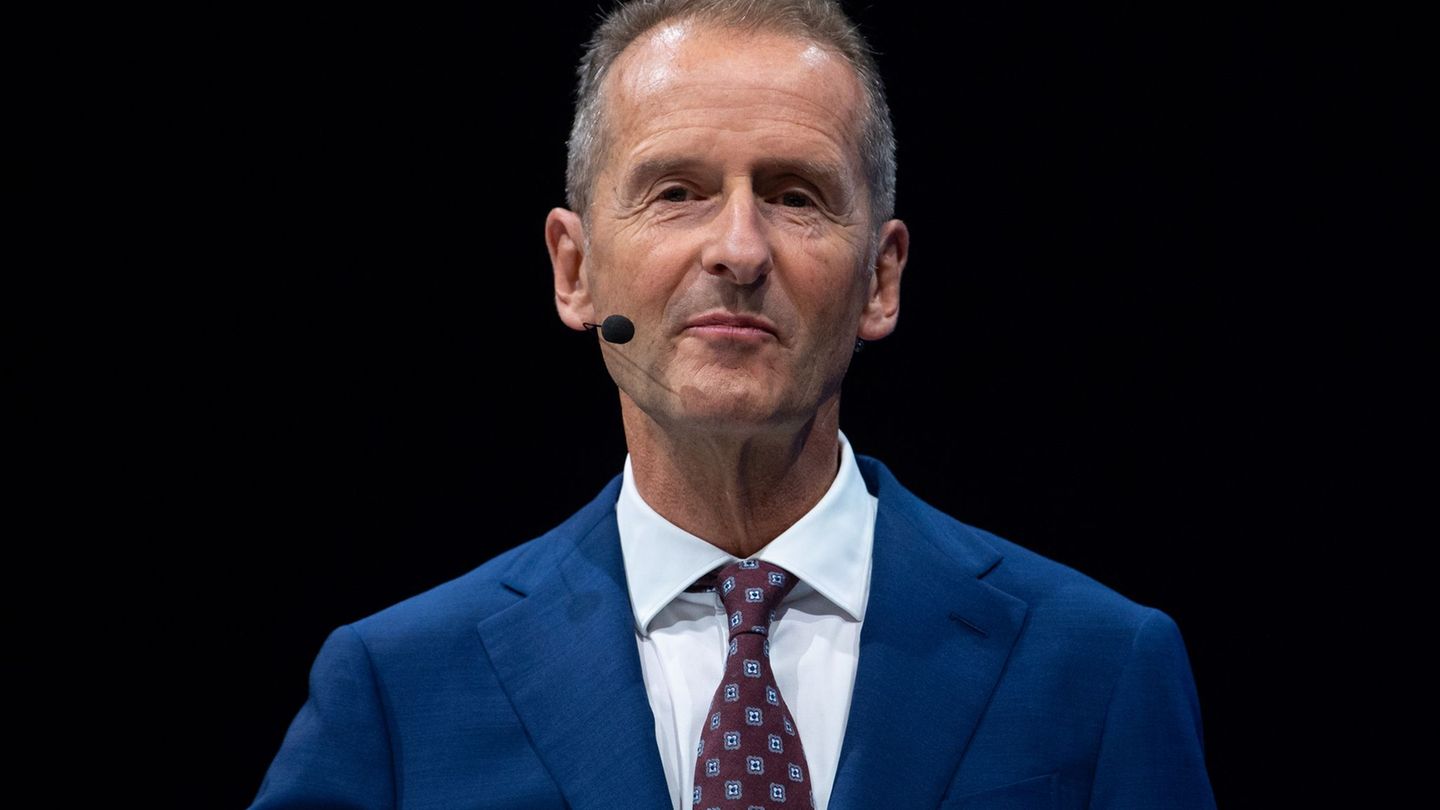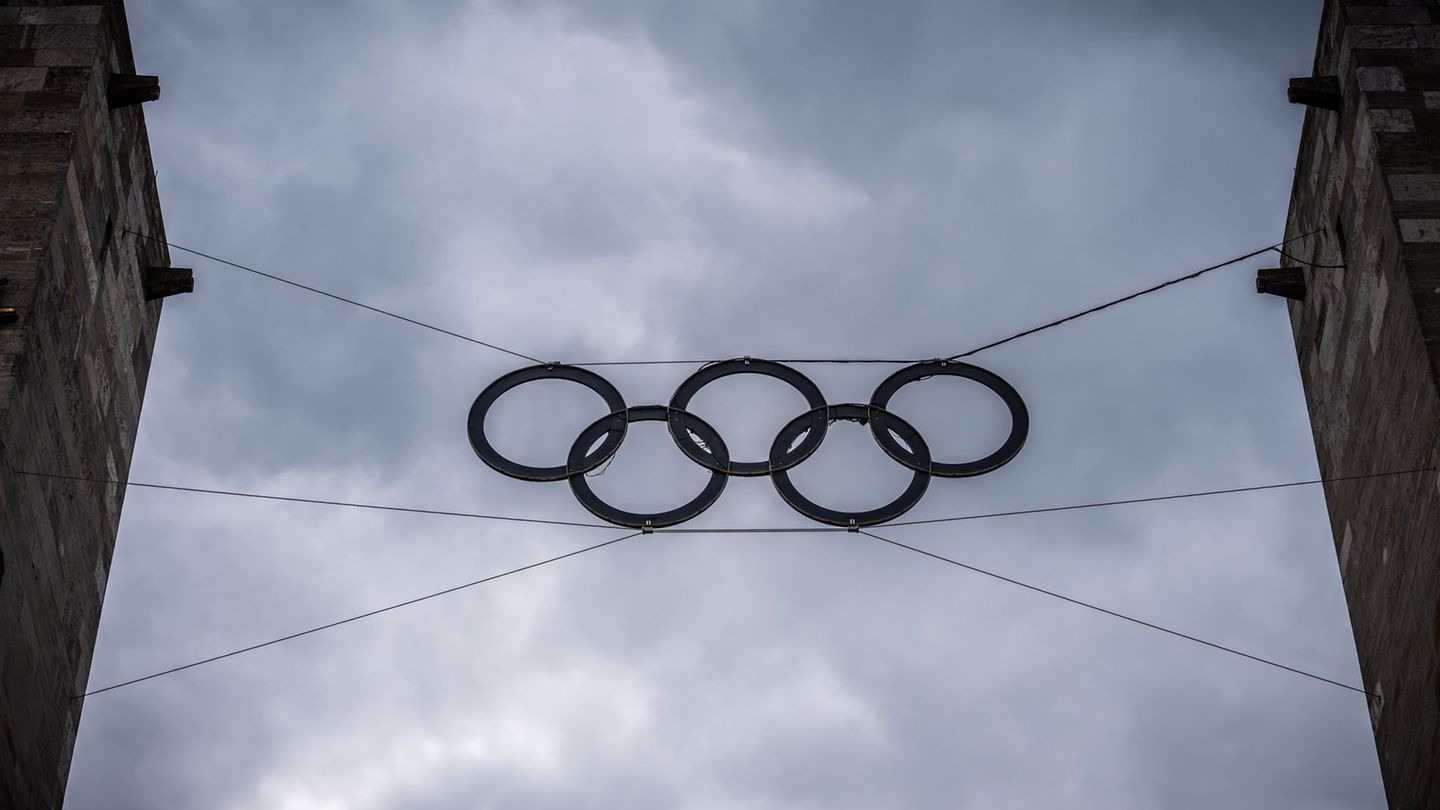In the South Asian country, students are fighting against quota rules in the public service. Instead, they want performance to count. The situation is escalating again.
The student protests in Bangladesh against a quota system for public sector jobs, which have been ongoing since the beginning of July, have claimed more lives. According to media reports, at least eleven people were killed in clashes between demonstrators and the police, and numerous participants and police officers were injured. At least six people had already died on Tuesday. The government of Prime Minister Sheikh Hasina, which had previously wanted to stick to the quota system, has now offered the students the opportunity to resolve the crisis through talks.
The demonstrations are directed against the reintroduction of an old quota system, according to which more than half of public sector jobs are reserved for certain groups – for example, descendants of soldiers who fought for the country’s independence in 1971, women and people from poor areas. Instead, thousands of young people have been on the streets for days demanding a system that places more emphasis on performance. Unemployment is high in the country with more than 170 million inhabitants.
On Thursday, the demonstrators tried to emphasize their demands with a nationwide blockade of public life. In many places, the police used rubber bullets, tear gas and stun grenades to disperse the crowd. In the capital Dhaka, demonstrators erected barricades on the Dhaka-Chattogram highway, among other things, as could be seen in pictures.
Police station and state television set on fire
According to reports, the protesters engaged in violent clashes with the police and pro-government students. In Dhaka and other parts of the country, vehicles, offices, police stations and a state television building were set on fire. According to reports in the daily newspaper “Prothom Alo”, nine deaths were reported in Dhaka and one each in the Savar and Madaripur districts. Train traffic between the capital and some parts of the country was temporarily halted, and mobile phone and internet access were also temporarily restricted.
The latest protests began at universities across the country after a court ordered the reinstatement of the old quota system, which was abolished in 2018 following massive student protests. However, the Supreme Court recently also decided to suspend the regulation for the time being. “The government has agreed in principle to quota reform,” said Minister for Law, Justice and Parliamentary Affairs Anisul Huq, adding that the government was ready to talk to representatives of the protesters. According to observers, the system also favors supporters of Prime Minister Hasina and her Awami League.
Source: Stern
I have been working in the news industry for over 6 years, first as a reporter and now as an editor. I have covered politics extensively, and my work has appeared in major newspapers and online news outlets around the world. In addition to my writing, I also contribute regularly to 24 Hours World.




